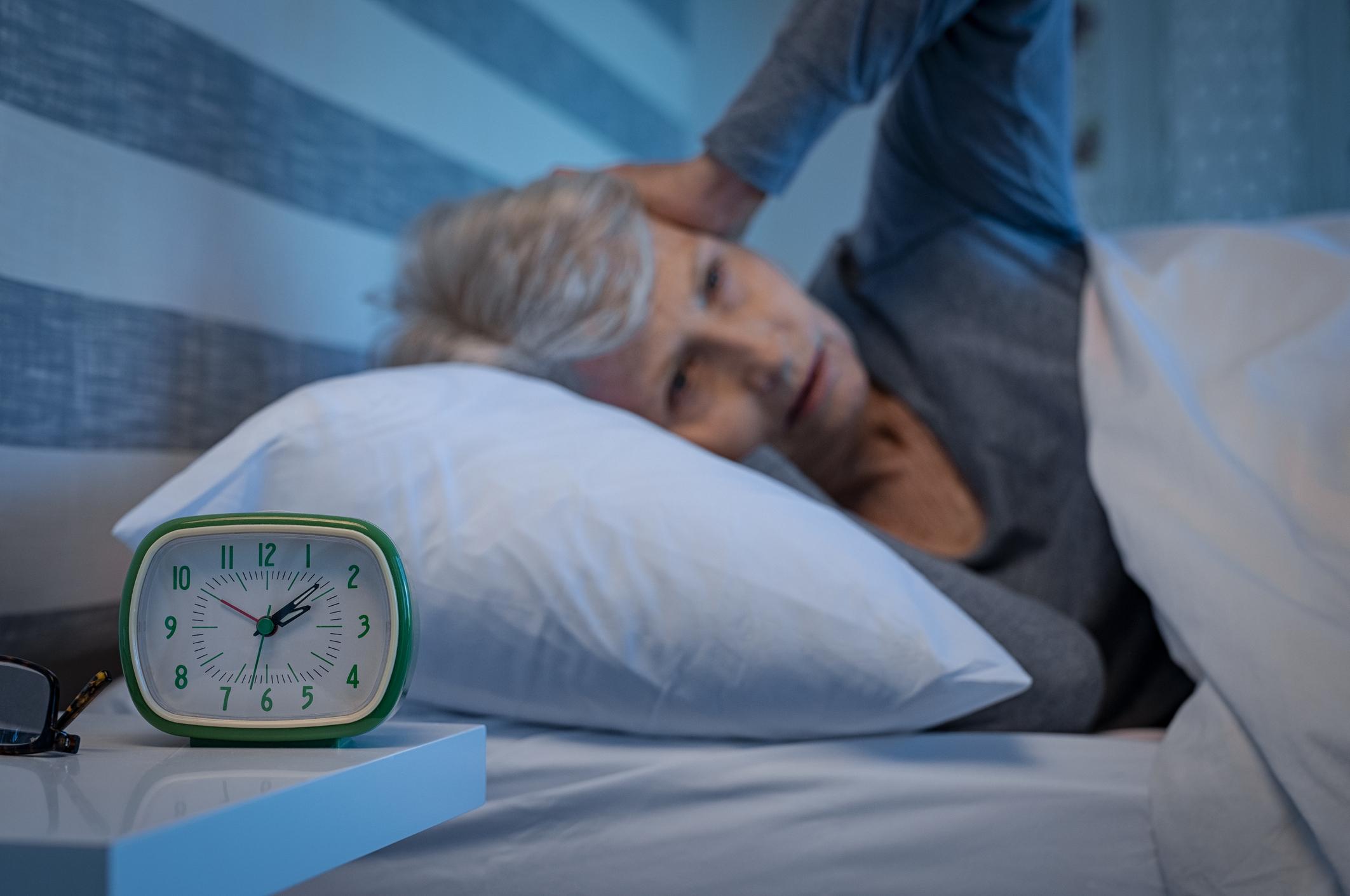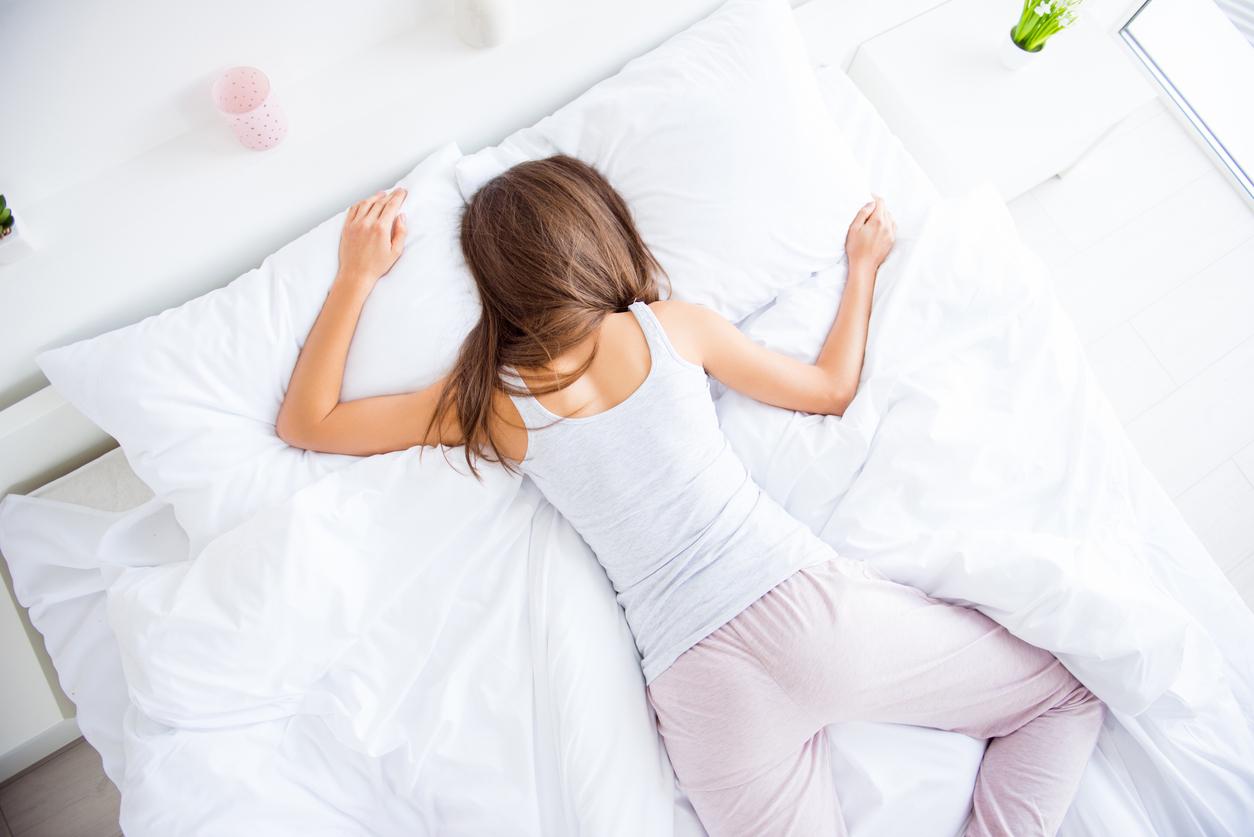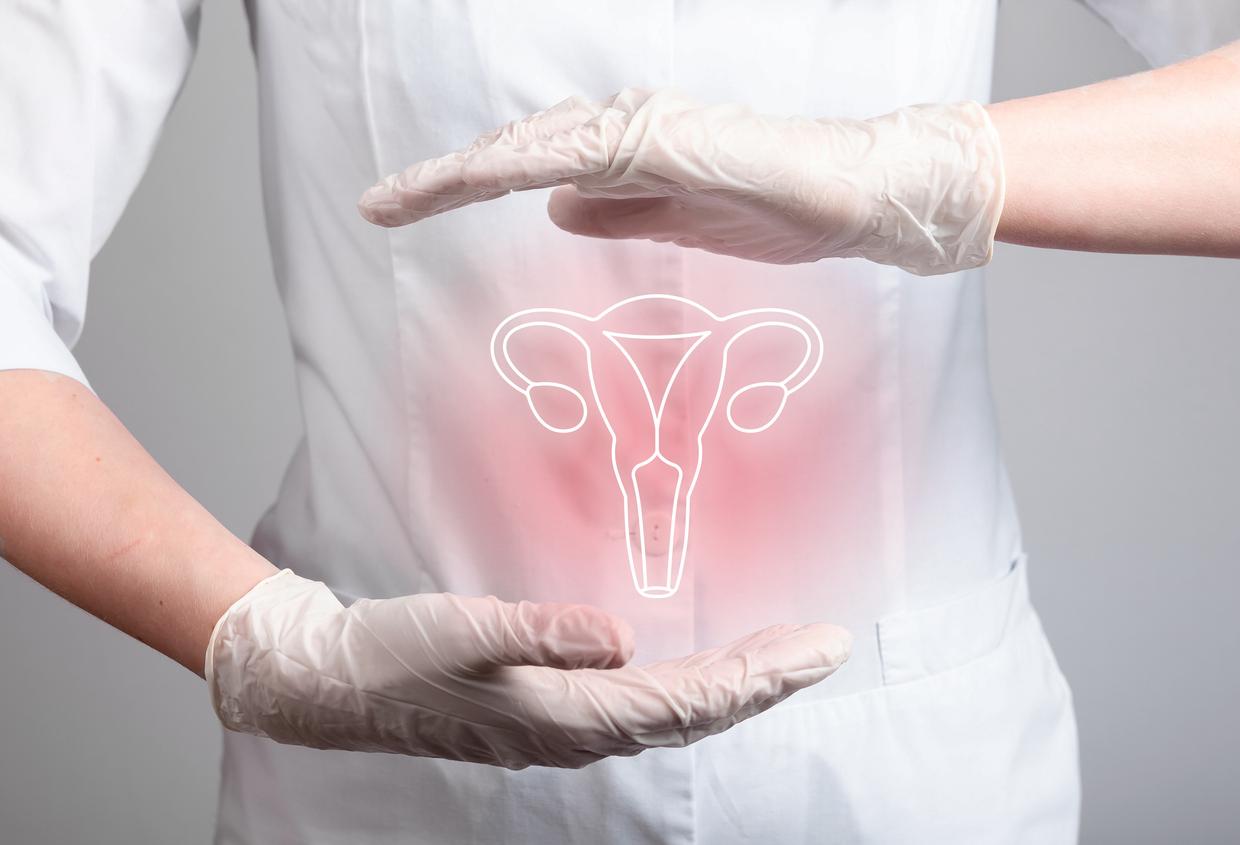Two specialists from the University of Caen have revealed their recommendations for improving the quality of sleep in the elderly.

- With age, sleep becomes more fragmented due to various factors, which vary depending on the individual.
- Non-drug solutions can be considered to combat sleep disorders.
- Light therapy as well as regular physical activity would be keys to improving the quality of sleep.
Over the years, the quality of sleep deteriorates. In addition to natural aging, sleep can be altered by various factors such as taking certain medications and health problems. Sleep disturbances can also result from changes in the pace of life and the loss of social cues associated with retirement.
Sleep disorders in the elderly: what solutions to sleep better?
“Moreover, you should know that “normal” aging is accompanied by a desynchronization of the biological clock linked to reduction in plasticity and adaptation capacities of the organism of the elderly subject. This disruption can result in an earlier bedtime and waking up earlier in the morning. Decreased levels of physical activity and increased sedentary lifestyle can also degrade sleep quality.noted Emma Milot and Marc Toutain, Doctoral students in Sciences and Techniques of Physical Activities at the University of Caen, in an article published in The Conversation.
To prevent lack of sleep, the two specialists recommended non-drug solutions as alternatives to sleeping pills. Exposure to light, through light therapy, can in particular be considered. Light therapy is a form of phototherapy, which consists of exposing yourself to a lamp reproducing the natural light of sleep. This practice has demonstrated a positive action against sleep disorders.

Practicing physical activity to regulate sleep
Regular physical activity is also an ally in improving the quality of sleep. Due to its role in synchronizing the sleep-wake rhythm, physical effort “reinforces the contrast between periods of wakefulness, where one is supposed to be active, and periods of rest and sleep, where one is supposed to sleep.” According to the two specialists, older people who engage in predominantly aerobic physical activity, such as walking, cycling or hiking, fall asleep more quickly and have a better night’s sleep.
In the article, Emma Milot and Marc Toutain also mentioned vestibular stimulation as a line of research to combat sleep disorders. The vestibular system regulates the sense of movement and balance, and allows us to locate ourselves in space and in our movements. “Exposure of the inner ear to a slight electrical current makes it possible to stimulate the vestibular system in an artificial way. This vestibular stimulation has already shown beneficial effects on balance, the mood and the sleep, which are three functions altered with advancing age. Although this avenue still requires in-depth research, it could quickly become an essential new therapy. they explained.

















